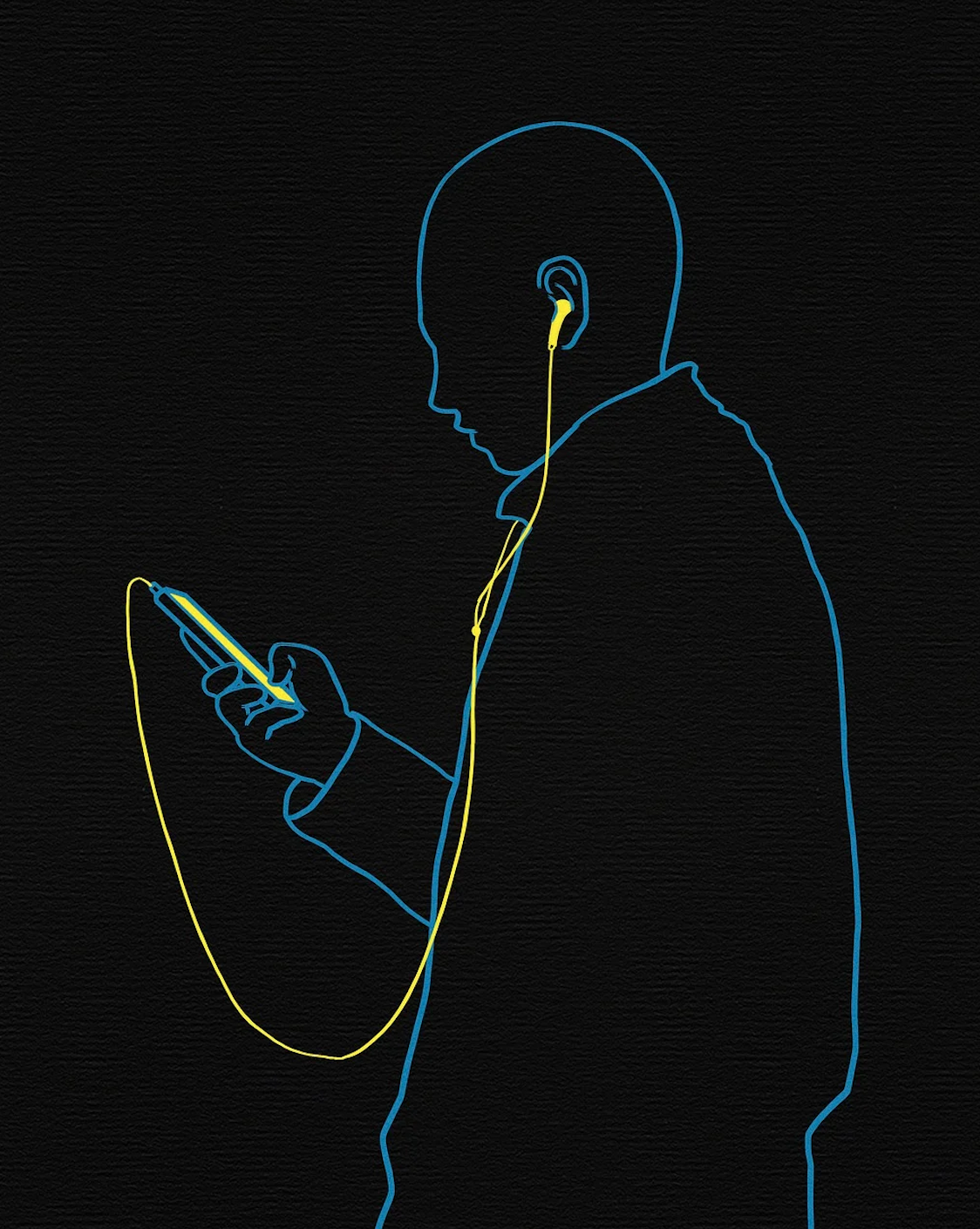How Music Impacts our Moods
Photo by Pixabay
There is no music genre quite like the melancholic sounds of heartbreak, loneliness, and existentialism. Artists such as Phoebe Bridgers and Mitski have found success by tapping into the public’s appetite for resonant lyrics and gut-wrenching production. Their songs artfully weave sorrowful themes, leaving just enough space for listeners to reflect on their own emotions and project their personal experiences into the melancholic waves of sound. In doing so, these artists provide a sense of emotional companionship, offering an outlet for listeners to feel understood, even in their most vulnerable moments.
However, while the validation that comes from resonating with these songs can be comforting, there are potential psychological consequences that arise from prolonged exposure to melancholic music. Studies suggest that constantly immersing oneself in sad songs can have adverse effects on emotional well-being, particularly if the listener is already struggling with negative feelings. Though the music itself may not directly cause negative emotions, it can trigger memories and associations tied to the lyrics, reigniting feelings of sadness or existential angst. This reflective process, while sometimes necessary, can also lead to rumination, a mental state where one dwells excessively on negative thoughts and feelings.
When people are feeling low, they may turn to music that mirrors their sadness, hoping to find solace. While this can provide temporary validation, it can sometimes trap listeners in a cycle of emotional dwelling rather than helping them process and move forward. For some, melancholic music may reinforce the tendency to linger on unresolved problems or painful emotions rather than seeking healthier coping mechanisms.
On the flip side, sad music has its benefits as well. For many, hearing lyrics that articulate feelings they struggle to express provides a much-needed release. This emotional catharsis can be therapeutic, allowing individuals to process their pain and begin to heal. Crying, often induced by the music, is a natural way of relieving stress and emotional tension, leading to a brighter mood afterward.
Despite its emotional resonance, melancholic music is not a replacement for human connection. While artists like Phoebe Bridgers and Mitski share their own stories in hopes of striking a chord with listeners, they do not know each individual’s unique situation. Their music can complement emotional processing but should not be the sole outlet for dealing with heavy emotions.
As with all things, moderation is key. While sad music can enhance self-reflection, using it mindfully—acknowledging how certain songs impact your mood and consciously selecting music that aligns with or lifts your emotional state—can lead to a healthier relationship with it.

